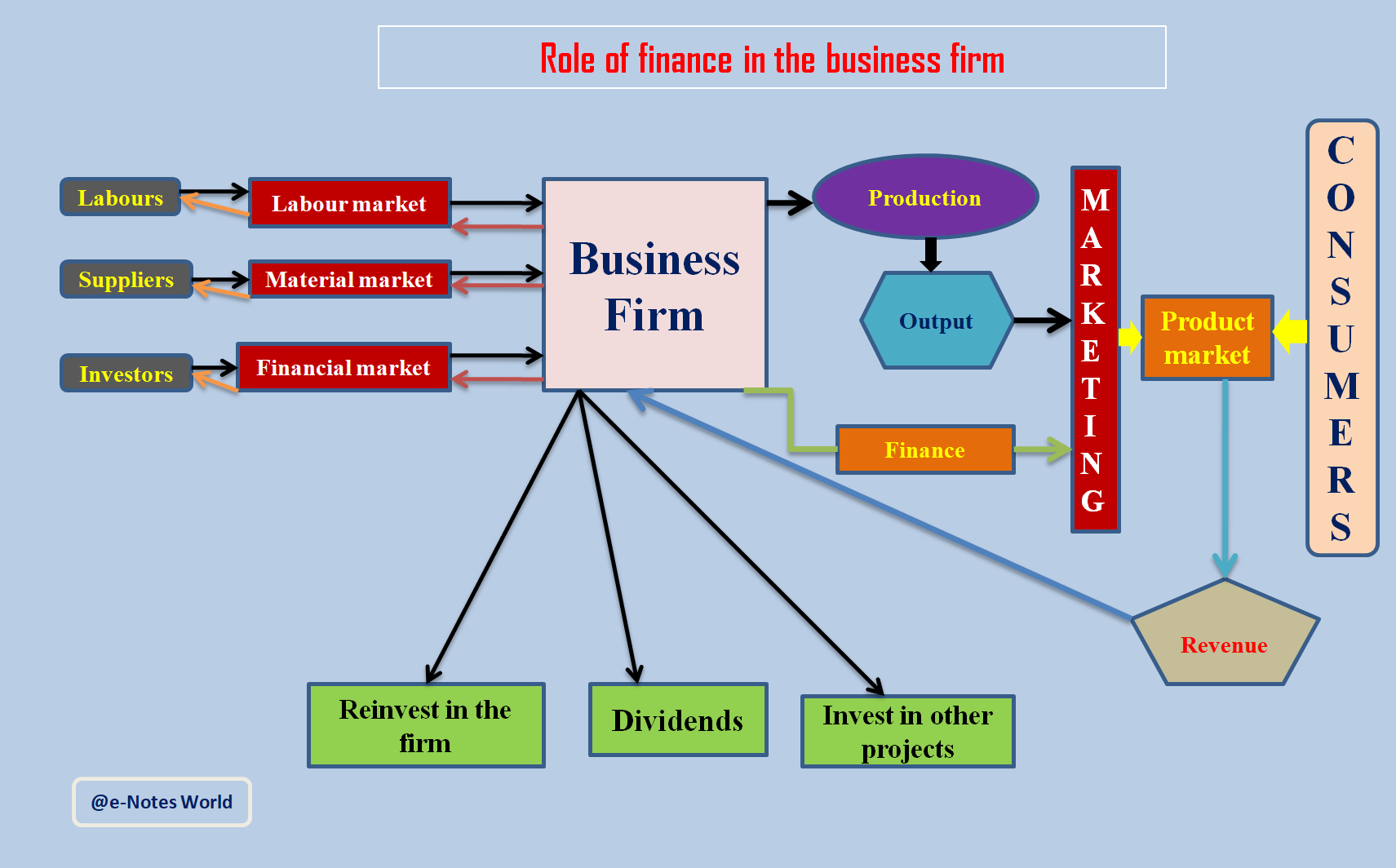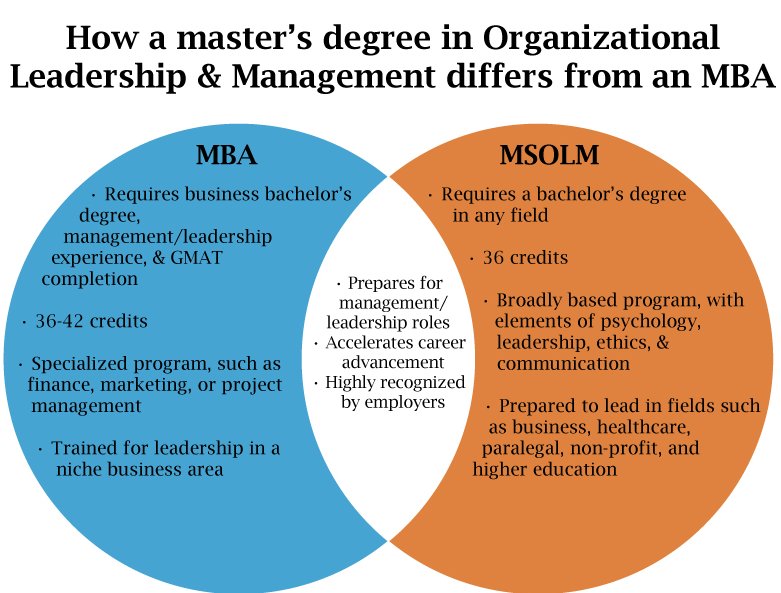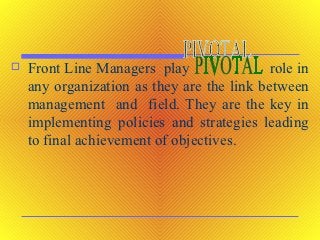
There are many things you need to consider when you're considering a career as a supply chain manager. There are many supply chain types, and different industries have various supply chains. For example, a supply manager in a manufacturing organization would not be the best choice for someone interested in working at a wholesale or retail store.
A successful supply chain manager is characterized by certain characteristics
Supply chain managers who excel are adaptable learners who are open to learning and willing to experiment with new ideas. They are quick to understand the nuances of a problem and use failures as clues to improve. They are excited to take on new challenges and quickly grasp the essence. Their innate curiosity for the unknown fuels their desire to learn new things.
Although supply chain managers should not become micromanagers, they must be able to take strategic risks. Growth requires that there be some risk, but these risks must be supported by data. This means being strategic and analytical rather than reactive. Inflexibility impedes success. It can also frustrate supply chain managers.

Management of a supply chain can be complex and constantly changing. Therefore, supply chain managers must have a good understanding of the market and be able to implement new technology. They must also communicate well with technologists with advanced knowledge.
What are the requirements to get a bachelor's degree for supply chain management?
Students who earn a bachelor's in supply chain management will have a solid foundation in strategic management, business administration, and leadership. This degree also builds upon the skills necessary for common software applications. An accredited undergraduate degree is not expensive in supply chain management. In 2020, in-state students paid an average of $105,560 per a year for a full program at four-year public universities, as compared to $37.650 at a private university. Federal student loans and financial aid may be available to reduce the cost of your degree.
A university that offers an online degree can offer a supply chain management program. The program covers international supply chains and global supply chains as well as business decision-making. Other topics include sustainability in global supply networks and operational strategies. The program costs approximately $688 per credit-hour.
A typical job description for a supply-chain manager
Managers of the supply chain are responsible to organize a company’s supply network. They plan the flow of products, manage inventory, and create and implement processes to keep costs down. They can also manage third party logistics providers, identify and report on environmental performance, and even perform waste assessments. These professionals report on their performance metrics and create daily, weekly, and monthly reports.

Supply chain managers work 40 hours per week. They are usually located in business settings and sometimes away from the manufacturing floor. The role requires a deep understanding of the business and operations as well as all aspects of the organization. They need to be comfortable working together with data and people. A job as a supply manager may be the right choice for you if your passion is following processes and creating new ideas.
The salary of a supply-chain manager is slightly lower than that of a director for procurement. However, the two roles require similar skills, knowledge and abilities in logistics, procedures, as well as customer service.
FAQ
Why is it so important for companies that they use project management techniques
Project management techniques can be used to ensure smooth project execution and meeting deadlines.
This is because most businesses rely heavily on project work to produce goods and services.
Companies must manage these projects effectively and efficiently.
Companies that do not manage their projects effectively risk losing time, money, or reputation.
What are the main management skills?
Business owners need to have management skills, no matter how small or large they may be. These include the ability and willingness to manage people, finances as well resources, time and space.
You will need management skills to set goals and objectives, plan strategies, motivate employees, resolve problems, create policies and procedures, and manage change.
As you can see there is no end to the number of managerial tasks.
How can a manager motivate employees?
Motivation is the desire for success.
Enjoyable activities can motivate you.
You can also get motivated by seeing your contribution to the success or the improvement of the organization.
You might find it more rewarding to treat patients than to study medical books if you plan to become a doctor.
Another type of motivation comes from within.
One example is a strong sense that you are responsible for helping others.
Maybe you like working hard.
If you feel unmotivated, ask yourself why.
You can then think of ways to improve your motivation.
What is Six Sigma?
Six Sigma uses statistics to measure problems, find root causes, fix them, and learn from past mistakes.
The first step in solving a problem is to identify it.
The next step is to collect data and analyze it in order to identify trends or patterns.
Then corrective actions are taken to solve the problem.
Finally, the data are reanalyzed in order to determine if it has been resolved.
This cycle will continue until the problem is solved.
What are the four main functions of management?
Management is responsible in planning, organizing and directing people and resources. It also includes developing policies and procedures and setting goals.
Management helps an organization achieve its objectives by providing direction, coordination, control, leadership, motivation, supervision, training, and evaluation.
These are the four major functions of management:
Planning - Planning is about determining what must be done.
Organizing is the act of deciding how things should go.
Directing - Directing means getting people to follow instructions.
Controlling - Controlling means ensuring that people carry out tasks according to plan.
Statistics
- 100% of the courses are offered online, and no campus visits are required — a big time-saver for you. (online.uc.edu)
- The average salary for financial advisors in 2021 is around $60,000 per year, with the top 10% of the profession making more than $111,000 per year. (wgu.edu)
- Hire the top business lawyers and save up to 60% on legal fees (upcounsel.com)
- Our program is 100% engineered for your success. (online.uc.edu)
- The profession is expected to grow 7% by 2028, a bit faster than the national average. (wgu.edu)
External Links
How To
How can you create a Quality Management Plan, (QMP)?
The Quality Management Plan (QMP) was established in ISO 9001. It is a systematic way to improve processes, products and services. It emphasizes on how to continuously measure, analyze, control, and improve processes, product/service, and customer satisfaction.
QMP is a standard way to improve business performance. QMP's goal is to improve service delivery and production. A QMP should include all three aspects - Processes, Products, and Services. When the QMP includes only one aspect, it is called a "Process" QMP. QMPs that focus on a Product/Service are known as "Product" QMPs. And when the QMP concentrates on Customer Relationships, it is called "Customer" QMP.
When implementing a QMP, there are two main elements: Scope and Strategy. They can be described as follows:
Scope: This defines what the QMP will cover and its duration. If your organization wishes to implement a QMP lasting six months, the scope will determine the activities during the first six month.
Strategy: This describes the steps taken to achieve the goals set out in the scope.
A typical QMP has five phases: Planning (Design, Development), Implementation (Implementation), and Maintenance. Below is a description of each phase:
Planning: In this stage, the objectives of the QMP are identified and prioritized. To understand the expectations and requirements of all stakeholders, the project is consulted. The next step is to create the strategy for achieving those objectives.
Design: In this stage, the design team designs the vision and mission, strategies, as well as the tactics that will be required to successfully implement the QMP. These strategies are implemented by the development of detailed plans and procedures.
Development: This is where the development team works to build the capabilities and resources necessary for the successful implementation of the QMP.
Implementation: This involves the actual implementation of the QMP using the planned strategies.
Maintenance: The maintenance of the QMP is an ongoing task.
The QMP must also include several other items:
Stakeholder involvement is important for the QMP's success. They should be involved in planning, design, development and implementation of the QMP.
Project Initiation: The initiation of any project requires a clear understanding of the problem statement and the solution. Also, the initiator should understand why they are doing it and what they expect.
Time Frame: This is a critical aspect of the QMP. If you plan to implement the QMP for a short period, you can start with a simple version. If you are looking for a longer-term commitment, however, you might need more complex versions.
Cost Estimation: Cost estimation is another vital component of the QMP. You can't plan without knowing how much money it will cost. It is therefore important to calculate the cost before you start the QMP.
QMPs are not just a written document. They should be a living document. It evolves as the company grows and changes. It should be reviewed regularly to ensure that it meets current needs.